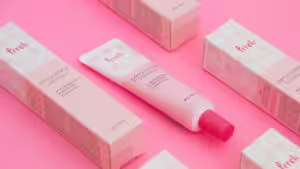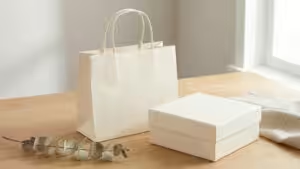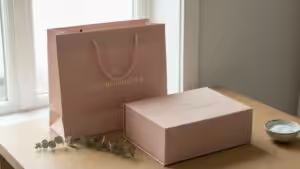Last Updated on May 31, 2023 by Packoi Team
The Function of the Product Packaging
The primary concern when deciding on packaging material and design is functionality. Your packaging material should, at the very least, be capable of preserving your items from damage or contamination during shipping. The packaging choice must prevent your products from being compromised at any point in the supply chain.
Choosing the suitable packaging material is critical to keeping your products safe. While all packaging material should be reasonably robust to protect the product during transportation and storage, the most important thing to consider is the fragility of the product.
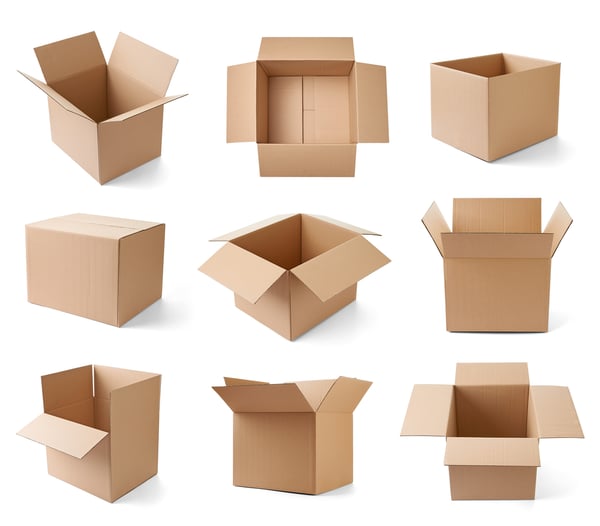
Functionality is essential for pharmaceutical and food products, susceptible to damage by natural elements (such as moisture, extreme temperatures, and sunlight) and chemical reactions that alter their composition and effectiveness.
It is, therefore, essential to envision the supply chain along each step of the journey, from when the product is packaged, stored, transported, and placed on store shelves to the moment it finally reaches consumers.
The product must be fresh, appealing, and valuable when the customer opens the package. If the product includes heavy items, the packaging material must be sturdy enough to ensure their safe delivery to the customer. In such a scenario, investing in hard-wearing packaging solutions is advisable to protect heavy goods from physical damage during transportation.
The Target Audience
The target audience is one of the most significant considerations when choosing packaging materials. The crux of product packaging design understands the needs of your customer base and marketing goals: do you want to focus your branding on your current target base, or do you want to rebrand and expand your product scope to hit new consumer segments?
These questions will help you choose the best packaging design and suitable packaging material for your target audience. Determining which packaging choices will keep your consumers happy requires first understanding the demographics and needs of your audience.
An excellent example of the importance of understanding your target audience when choosing the right packaging solution relates to how different age groups react distinctly to product designs with established color norms for genders.

Older consumers will likely respond positively to packaging designs with clear masculine and feminine dichotomies. In comparison, younger consumers prefer a gender-neutral or a more offbeat color marketing approach to packaging.
In other marketing scenarios, some products may find greater uptake among men than women and vice versa. In such cases, gendered product design may be more appropriate than gender-neutral packaging as long as the overall design appeals to both sexes.
When targeting a predominantly female consumer group, it is advisable to choose a package design with unique shapes or colors to which women are likely to respond enthusiastically. However, the feminine packaging designs should not come off as pandering or condescending, and there should also be other packaging varieties that are visually appealing to male consumers.
Moreover, other important factors like income and marital status will influence the suitable packaging material and design.
For instance, people’s income affects their buying habits: people with higher incomes may prefer expensive and elegant packaging materials. In contrast, low-income people will want inexpensive and straightforward packaging options.
On the other hand, people who live independently and struggle with products (particularly food products) going bad before they can finish may appreciate smaller and single-serving packaging sizes with shorter shelf life. Conversely, a home with several family members will prefer value-sized or bulk-size packages to meet the higher consumer demands.
On the whole, gendered demographics intersect heavily with lifestyle demographics. Consequently, understanding your target audience is crucial in meeting their packaging needs.
The Target Market
In addition to understanding your target audience, it is crucial to analyze your target market when evaluating packaging options. A product aimed at a specific gender, age, or income demographic can have several target markets. Understanding your target market is essential because each segment may have unique packaging needs.
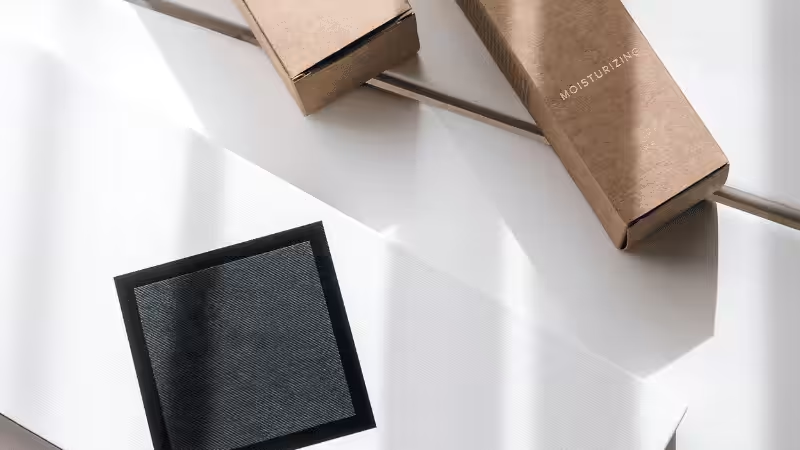
One of the biggest mistakes in product packaging is assuming that all market segments are similar in their packaging tastes. Flexible packaging founded on market research of the different target markets is the only way a company can expand its brand recognition. Geographical location can influence how a packaging solution is perceived. Packaging designs that may be popular in one market segment may not stand out or help promote the company’s brand in another market segment.
Some regions and cultures have sacred colors linked with particular concepts or emotions. For instance, yellow may convey youth, warmth, or excitement in Western countries but is likely to be negatively perceived in Eastern countries, where it is associated with illness, egotism, betrayal, and anxiety.
Using the color yellow in your product design may generate higher sales and brand following among youths in Europe or America but is likely to result in low sales and negative brand perception among Chinese or Vietnamese consumers.
You want your packaging to make consumers happy, convey the right emotions, and, more importantly, create a positive brand identity. For these reasons, it is crucial to understand each market segment’s cultures and packaging needs when making packaging choices.
Durability and Longevity
As I previously highlighted, durability and longevity are some of the most important factors when choosing the perfect packaging for your customers. However, ensuring that the buyer receives the same product and in the same condition it left the production line is not specific to the goods but also includes the packaging materials. An important consideration when choosing the proper packaging is durability in the sustainability sense.
While the physical sturdiness of the packaging materials in preventing product contamination throughout the supply chain is essential, it is becoming increasingly important to consider the type of packaging used in terms of recyclability and biodegradability.
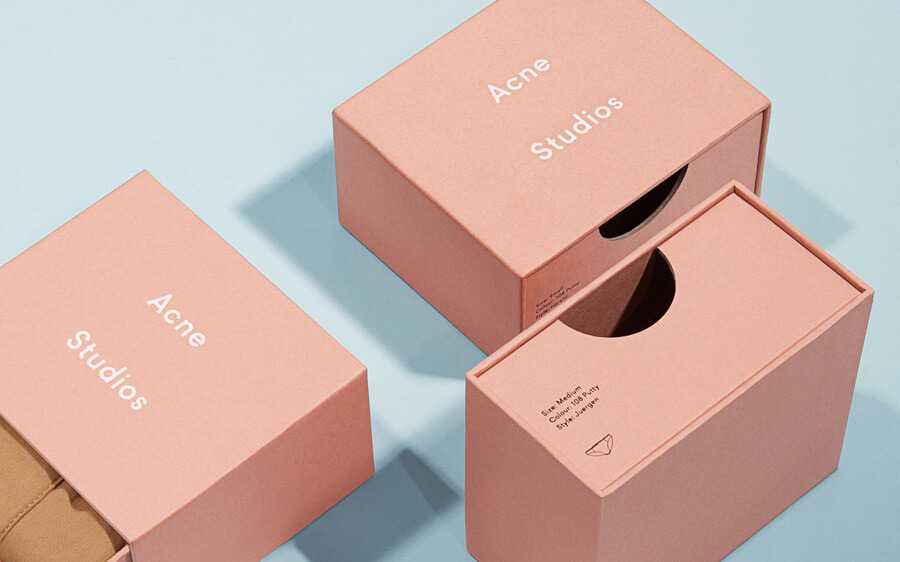
Durability and longevity are at the heart of sustainable packaging. One growing consideration in today’s world is the recyclability of product packaging: 74% of today’s consumers are willing to pay more for sustainable packaging materials. For instance, plastic packaging materials are durable and can have better branding design than paper packaging, but they are not stable from an environmentally conscious perspective.
Businesses need to use packaging materials that are not only sturdy but also recyclable. The best packaging material optimizes durability from a physical and a sustainability perspective. Packaging solutions must be hard-wearing to protect the goods inside and still have the added benefit of being recyclable to reduce packaging costs and satisfy the growing green needs of customers.
Aesthetics and Branding
One of the most important factors to consider when choosing between different packaging materials and designs is the brand identity you want to communicate to consumers. Aesthetics and branding are just as important as functionality, sustainability, or meeting the packaging wants of your target audience.
You want a great packaging design that is eye-catching and recognizable among shoppers: brand recognition is hinged on having products that can stand out among similar products situated on the same shelves. Today’s consumers are attracted to aesthetic packaging solutions with unique, vibrant design elements.
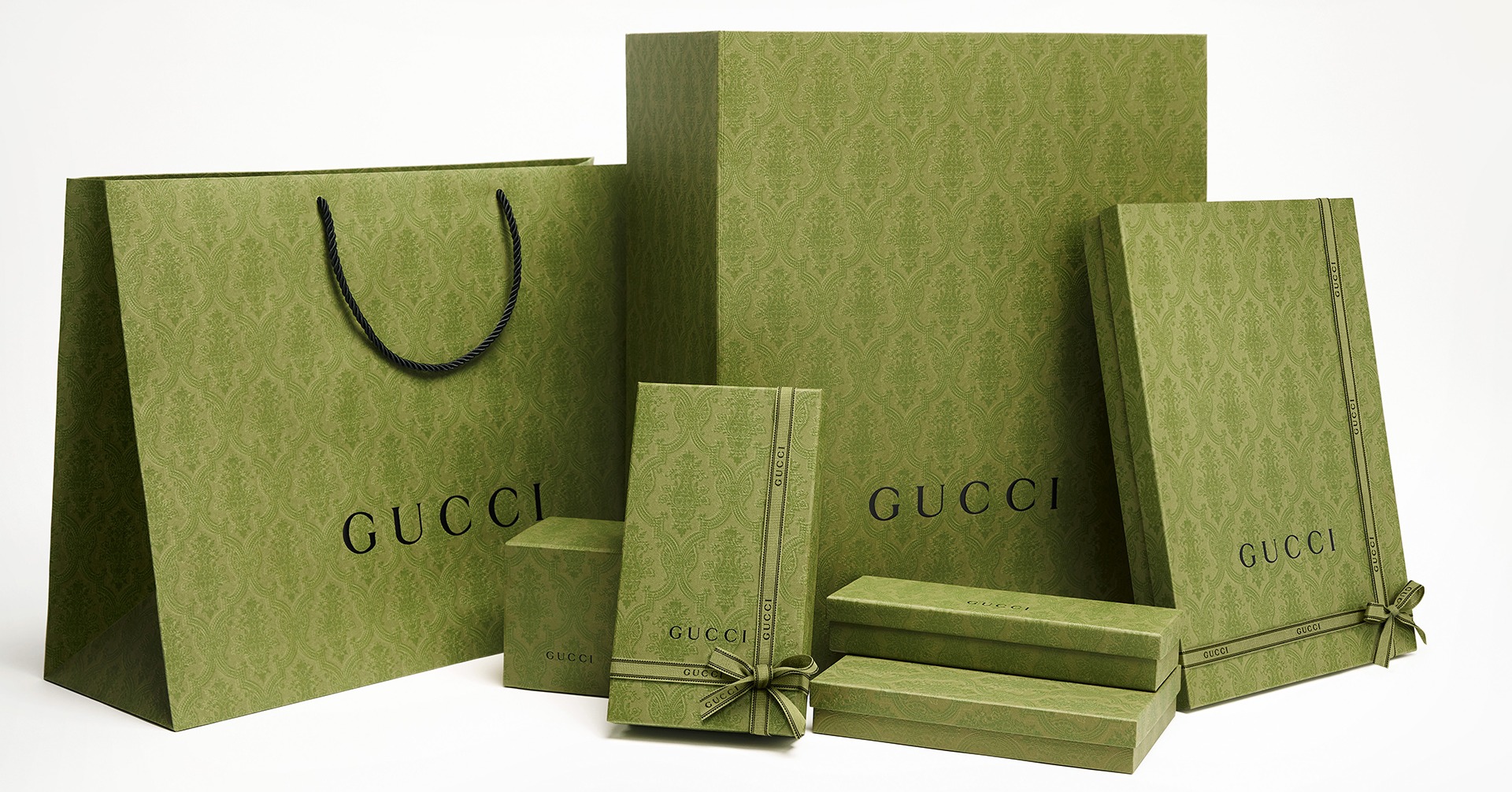
Visually attractive product packaging is far more likely to attract first-time buyers than simple dull packaging, regardless of the quality of goods contained. Consequently, it is vital to consider the aesthetic properties of your packaging solution in terms of color, shape, pattern, visual weight, scale, proximity, scale, balance, and line, among other design elements.
However, packaging design is not just meant to attract consumers. It should also tell the company’s story and make the business brand more appealing for discerning customers to invest in. Attractive packaging design that communicates the company’s brand identity creates expectations of quality among shoppers.
The priming effects of a good brand design ease shopper purchase decisions on a subconscious level and lead to higher business sales. A great packaging design can subconsciously motivate a potential buyer to start shopping even when they did not plan to.
Environmental Factors
As consumers call for environmental consciousness in businesses’ operations and products, brands must include environmental considerations when choosing their packaging materials. When deciding between various packaging options, it is essential to consider the ecological impact of each solution, particularly the recyclability and biodegradability of the packaging material.
It is necessary to migrate away from unrecyclable packaging materials that take a long time to degrade and towards eco-friendly packaging materials.
Your packaging solution should not just comply with environmental regulations, but the packaging materials should also be recoverable by composting recycling, or incineration. Minimalistic packaging, where the weight and volume of the packaging are kept to a minimum, helps reduce the business’s impact on the environment, particularly its carbon footprint. Reusing packaging materials is critical to eliminating all adverse environmental effects and meeting customers’ sustainability needs.
Cost-Effectiveness
Another important factor when deciding the suitable packaging material for your business is cost-effectiveness. You want to settle on a product packaging solution that addresses all of the considerations I have so far highlighted but is cost-effective and helps increase your profit margins. The first step in finding good packaging that satisfies all the individual components I have touched on and still meets your company’s budget is settling on cost-effective packaging materials.
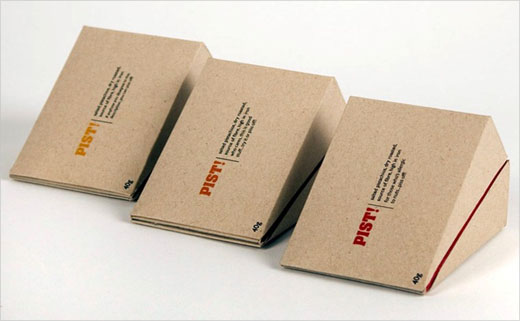
For instance, recyclable and biodegradable cardboard and paperboard are excellent packaging materials, given their versatility in terms of durability and design. The second step in finding cost-effective packaging is maximizing space with smaller product packages.
Smaller packages take less space in storage and during transportation, thereby helping cut operation costs. Since not all products will be packaged in the same manner, it is essential to have different packaging options to leverage the cost-effectiveness of each package size, strength, and material.
More importantly, using effective packaging materials and designs that ensure your products reach the consumer safely saves the company money that it would have otherwise spent on customer returns and damaged products. Investing in high-quality recyclable packaging materials is cost-effective in the long term.
Protection & Safety Concerns
As I hinted earlier, the customer should receive your product in the same condition and quality as when it left the production line. This is especially true for food products and pharmaceutical goods. Products like sliced meats, baked goods, and vegetables must be adequately packaged to ensure their shelf life does not deteriorate before they can finish moving through the supply chain.
More importantly, the packaging materials must be safe enough to carry the sensitive products: the packaging materials must not contain harmful chemicals or undesirable tastes and smells that could transfer to the food inside. Pharmaceutical products must also be well packaged to ensure their quality and effectiveness.
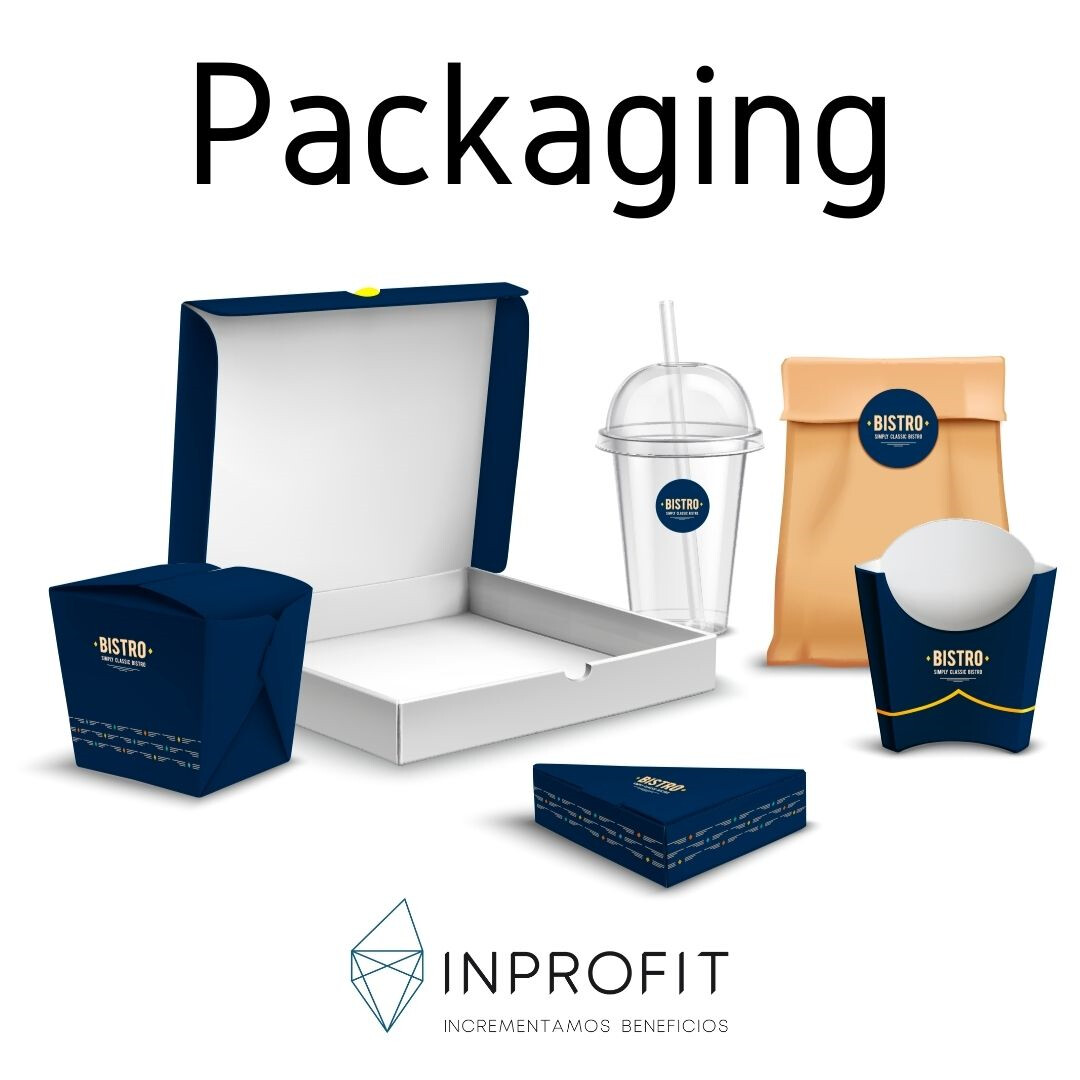
Another important consideration when choosing packaging materials is security: tamper-evident seals are essential to good packaging. The right package has safety features to deter tampering and also guarantee customers that the product inside is safe and in the same condition as it left the production line.
Tamper-evident seals are vital for food and pharmaceutical goods since they alert the consumer of any product compromise while discouraging people along the supply chain from altering or damaging the products. Tamper-evident security seals guarantee customers of the integrity and quality of the product.
Conclusion
In conclusion, there are several factors to consider when choosing the proper packaging for your business. Some critical considerations are functionality, the packaging wants of your target audience and market segment, environmental sustainability, cost, and brand identity.
A great packaging design must consider all these factors. The perfect packaging is durable, sustainable, cost-effective, and consumer-centered and communicates the brand’s identity elegantly and uniquely.
Select The Right Packaging For Your Business
Are you looking for cost-effective and green packaging options that reflect and communicate your brand identity? Packoi Printing is a reputable custom packaging and printing solution company that can help you determine the best packaging option for your business. The printing agency has a team of design professionals to help you source the best packaging material and brand design to boost sales and brand identification. Get in touch with us quickly!


